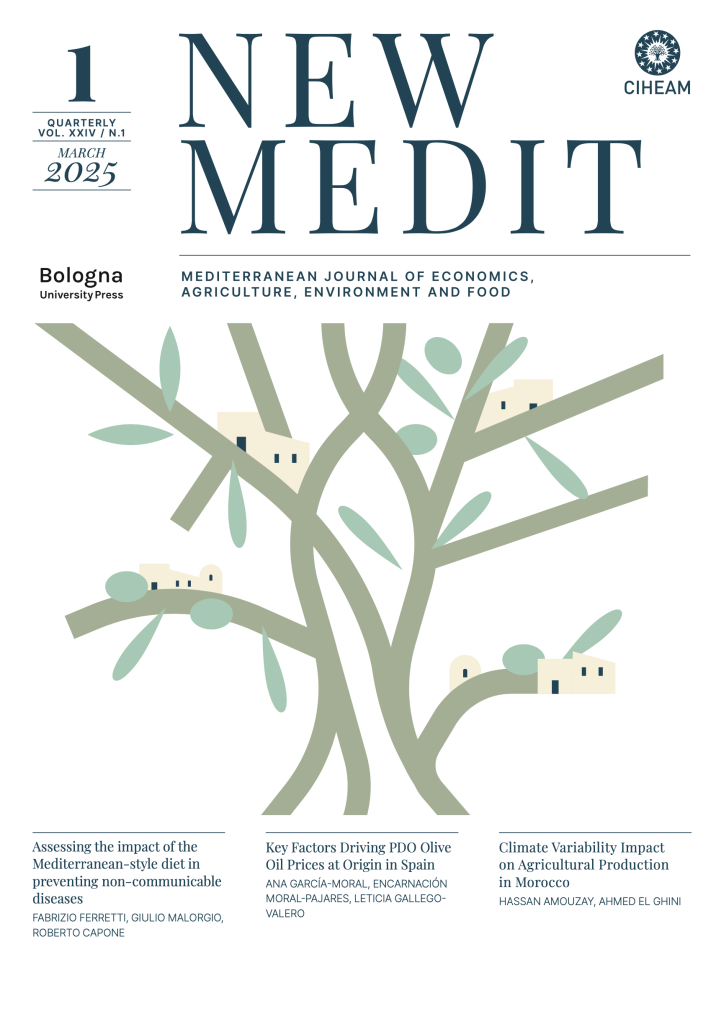In recent years, as global food chains have expanded, a wide range of terms has been used in the academic, political, technical or social debate to illustrate innovative re-organisation of food supply chains aiming at re-connecting producers and consumers and re-localising agricultural and food production. These include short supply chains, alternative food networks, local farming systems and direct sales. This paper presents a research carried out during the SMARTCHAIN project (Horizon project within the research line “Innovative agro-food chains: unlocking the potential for competitiveness and sustainability”). The research aims at iden-tifying an assessment model for grasping the level of social innovation in Short Food Supply Chain (SFSC) taking into consideration the social and sustainability indicators. A specific tool, the Social Innovation Assess-ment Template (SIAT) was created for this purpose. The SIAT investigates five dimensions of SFSC: economic, environmental, socio-cultural, governance and influence (positive impact on other sectors & stakeholders) dimensions. The assessment has been tested in 9 European countries and 16th case studies. The findings show both managerial implications for the SFSC and policy implications for strengthening the SFSC ecosystem.











